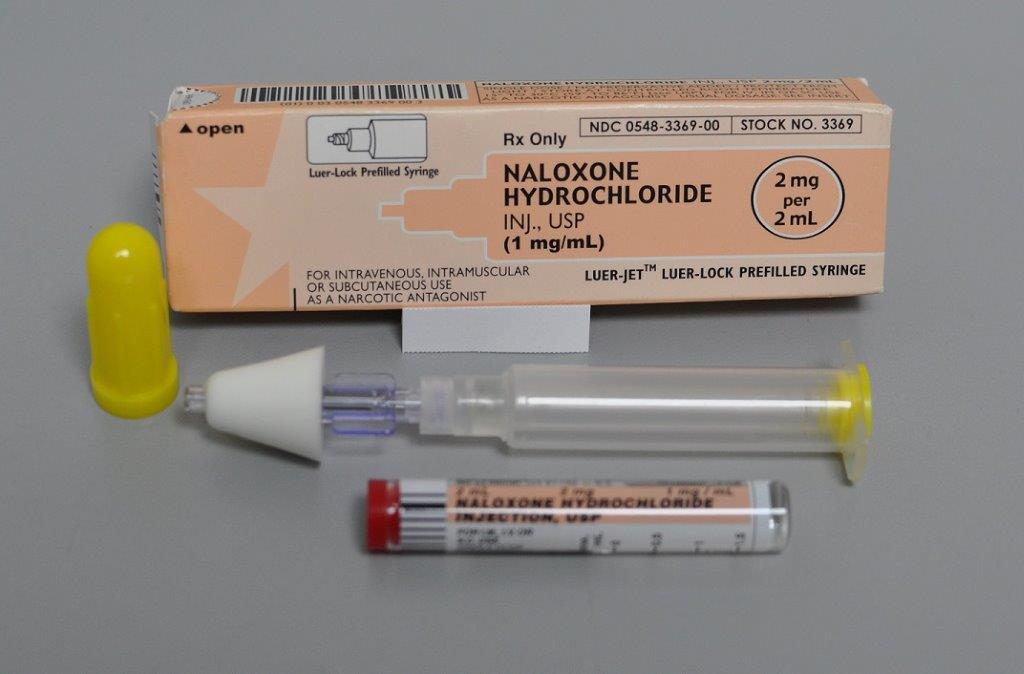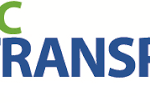B.C. applies for decriminalization in next step to reduce toxic drug deaths
British Columbia has taken an important step forward to prevent drug poisoning deaths by applying to the federal government to remove criminal penalties for people who possess small amounts of illicit drugs for personal use.
B.C. is the first province in Canada to seek an exemption from Health Canada under Section 56(1) of the Controlled Drugs and Substances Act. If approved by the federal government, the exemption would help reduce the fear and shame associated with substance use that prevents people from seeking care.
“Substance use and addiction is a public health issue, not a criminal one,” said Sheila Malcolmson, Minister of Mental Health and Addictions. “B.C. is adding new health and substance-use care services almost weekly, but we know shame prevents many people from accessing life-saving care. That’s why it’s crucial to decriminalize people who use drugs.”
Since the Province declared a public health emergency in 2016, 7,700 British Columbians have died because of a toxic drug supply. Prior to the outbreak of COVID-19, B.C. saw a decrease in death due to toxic drugs. However, the COVID-19 public health emergency reversed this trend, causing toxic drug poisoning deaths to reach an all-time high.
“B.C. is in the midst of two public health emergencies: COVID-19 and the toxic drug crisis,” said Dr. Bonnie Henry, B.C.’s provincial health officer. “The intersection of these two emergencies has produced tragic results. B.C.’s application to Health Canada to decriminalize people who use drugs is a vital step to keep people alive and help connect them with the health and social support they need.”
By treating substance use as a public health challenge rather than a criminal act, the Province will create new pathways to support those seeking treatment.
“Criminalizing members of our communities who use drugs has resulted in decades of causing further harms to many who are already suffering from mental or physical health challenges and/or the effects of emotional or physical trauma,” said Lisa Lapointe, B.C.’s chief coroner. “Decriminalization will help shift our focus from punishment, which has resulted in social isolation, stigma and fear, toward a medical model that recognizes substance use as a health issue. This is an important step that, combined with increased access to safe supply and implementation of an evidence-based model of treatment and recovery, will help to save lives.”
B.C. is transforming health and substance-use services throughout the province as outlined in A Pathway to Hope, the Province’s mental health and addictions road map. Decriminalization is a crucial component in ending the toxic drug crisis, as the Province continues to create a full continuum of care that includes prevention, prescribed safer supply and other harm-reduction measures, treatment, and recovery supports.
A broad range of partners and stakeholders played a vital role in developing the application. The Province worked with health and social service providers, Indigenous partners, people with lived and living experience, municipalities, law enforcement, advocacy organizations and clinical and research experts. The submission is intended to support further discussions between Health Canada and the B.C. government on an approach to decriminalization in B.C.
Quotes:
Mike Knott, a person with lived experience –
“The stigma and shame I felt when I used drugs was overwhelming. I felt isolated and compelled to use drugs alone. I also felt persecuted by the criminal justice system because I was a person who used drugs. Decriminalization will help reduce the shame felt amongst people who use drugs and enhance dignity. The toxic drug crisis is a health crisis, not a criminal one.”
Sen. Larry Campbell, Senate of Canada –
“I would like to congratulate the provincial government for being the first in Canada to step forward on this critical issue. We know that drug use is a health problem, not a criminal one. That means we must respond with a public health approach and not a criminal justice one. Moving toward decriminalization is one of the most important steps any government can take to save lives, families and communities.”
Lisa Helps, mayor of Victoria –
“The toxic drug crisis continues to devastate our communities and leave families broken. Decriminalization is an important step in reducing the stigma associated with drug use and saving lives of those people who use drugs. We thank the Province for their leadership in submitting a decriminalization application to Health Canada and we hope Health Canada responds favourably and swiftly.”
Katrina Jensen, executive director, AVI Health and Community Services –
“Today’s submission toward decriminalizing people who use drugs is one of the most important steps government has taken to address the toxic drug supply in British Columbia. Criminalization drives stigma and makes people reluctant to seek support. Decriminalization will save lives and make it easier to connect people to life-saving services, like those available at AVI. This is a logical and necessary response on the part of government’s efforts to treat this as a health issue that it is.”
Learn More:
To see B.C.’s decriminalization submission to the federal government, visit: https://news.gov.bc.ca/files/DecrimSubmission.pdf
A Pathway to Hope: https://news.gov.bc.ca/files/BCMentalHealthRoadmap_2019.pdf
Stop Overdose BC: https://www.stopoverdose.gov.bc.ca/

























Comments